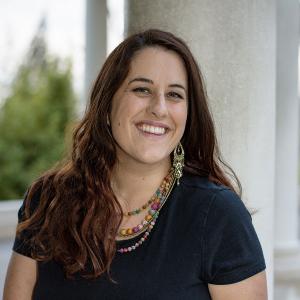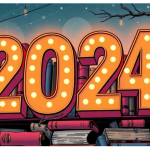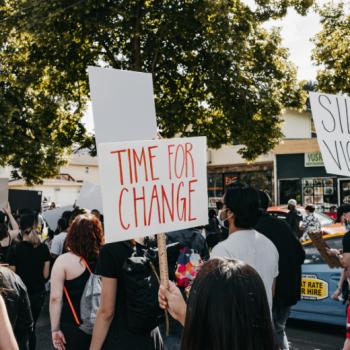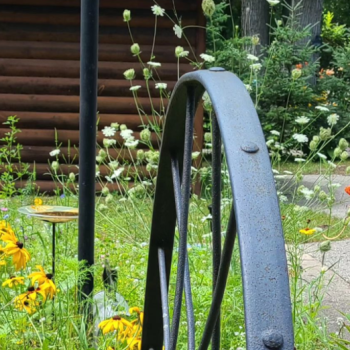This week I had an interesting conversation with a friend as we hiked together. As I mentioned in my other article, I seem to be more of a political centrist, pulled between my majority Republican Evangelical faith community and my perusal of what “Biblical justice” actually is. This friend takes a hard left in the government policies she supports and liberal perspectives on social justice.
We get along great. We still have so much in common.
But what if we couldn’t see how much we had in common? Is there some point when we should stop being friends with people who don’t see the world the way we do? Is it even possible for Christians to not let politics define their friendships? This is a fair question. And I have an answer for you that is based on my own experiences of impossible friendships and my twenty years of advocacy work and ministry.
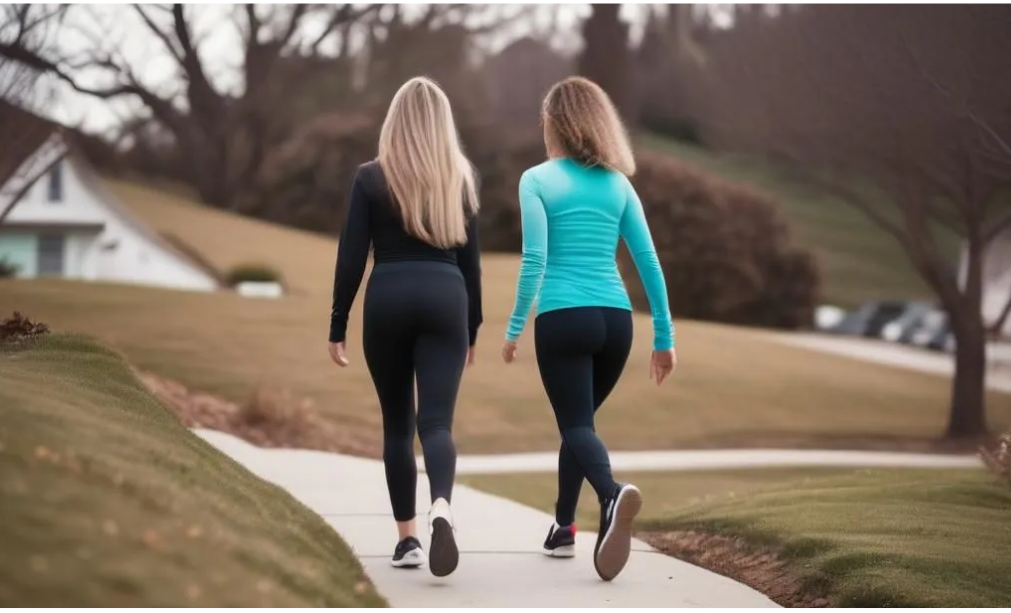
Why We Shouldn’t Stay Friends With Those Who Voted Differently
As we climbed through the housing division–which included getting reprimanded by a homeowner for unintentional trespassing–my friend told me she had been seeing a lot of content on social media about cutting off relationships with people who had voted for Trump. The argument goes like this: If these “friends” don’t care about human rights, then how can we know that they will honor our own human rights? Or our children’s rights?
I have seen posts like these. Actually, I have a lot of experience with this particular argument–and not in an enjoyable way. Just that morning I had read an article by a Christian writer I respected saying unity isn’t possible among Christians who voted for Trump. That to stand in solidarity with others, whose rights Jesus cared about, we must also disavow ourselves from “Christians” who elected Trump.
Both of these arguments are based on how we judge whether people are trustworthy or not. Can they be trusted to care about us? Our children? Others?
I am not sure how we engage in politics actually demonstrates whether we are trustworthy, though.
Themes that Drive Our Behavior and Beliefs
Over the past few years I’ve been healing from extensive medical trauma and relationship trauma, including the resulting PTSD. I have engaged in various modalities of therapy for PTSD. One of these is CPT – Cognitive Processing Therapy, a type of CBT which is a strategic approach to looking at what you believe about different things, why you believe them, and more honestly assessing whether these beliefs that guide your actions are indeed true.
As I made my way through the CPT modules, I realized these themes addressed humankind’s core beliefs about ourselves and our interactions with others. Our beliefs are often shifted through traumatic experiences–big and little traumatic events, collective experiences, neglect, betrayal–all forms of trauma.
Beliefs about our safety, trust, power/control, esteem, and intimacy represent why we get to the place where we feel like it is necessary to make hard boundaries with people who support policies differently than us. Do you see how these themes can play into the above arguments for why we shouldn’t be friends with people who voted differently? From this perspective, it makes a lot of sense why people protect themselves and practice solidarity by cutting off relationships.
I am not a therapist, but I can speak from my own experience. I’ve needed walls between myself and people who believed differently than me–at least for a time.
COVID: A Story of Relationship Cut-offs
As we continued on our hike, we moved on in our conversation. I ended up sharing a seemingly unrelated story, but in retrospect I see that it was right on theme about whether politics should define friendships.
One of my traumatic experiences was being in the ICU with an unnamed viral pneumonia, on a ventilator, just months before the COVID epidemic broke-out. We were told I would have been dead within hours if my husband hadn’t dragged me against my will to an urgent care–who immediately called an ambulance to rush me to the hospital. It took a month before I was functional again and I never fully recovered.
(You can read more of this story within this article on forgiveness)
Understandably, my family was traumatized by this experience. And unlike the majority of my friends, we became very cautious about contracting COVID-19. Every interaction was filtered through flashbacks of a ventilator forcing air into me and being so fatigued I couldn’t even readjust my body on my hospital bed without help. Unsurprisingly, I felt betrayed by my friends who took a blasé approach to COVID. Whether it was about masks, seeing a friend indoors, or watching a friend’s kid, it all felt life or death.
Friendship: Who Shows Up?
There are more layers to this story, but ultimately a rift grew so deeply between my faith community and I, I assumed it was not repairable. Fast forward a year and some months. I was tentatively feeling out the relationships–occasionally meeting, camping, and was beginning to have some hard conversations. Could I ever trust them again?
This was when I found myself pregnant unexpectedly. It threw my body into a life-altering lupus flare (it turns out I had a full system autoimmune disease, which explained a lot).
I am not sure what their journey was and how their thinking changed in regards to COVID. But I do know that besides only a couple other people, the ones who kept my family and I surviving in a season of trauma after trauma, hospitalization after hospitalization, was this same faith community. They fed us. They cleaned my house. They took me to the hospital. They wore masks for me. Many of them were conservatives, and I am sure we still didn’t share the same political views.
But they showed up.
Over time, I even had difficult conversations with some of these people, sharing with candor how hurt and isolated I had felt because of their actions. I still have boundaries and don’t trust everyone from that faith community. But I have repaired relationships with many of them, despite our differing politics. This is nothing short of miraculous.
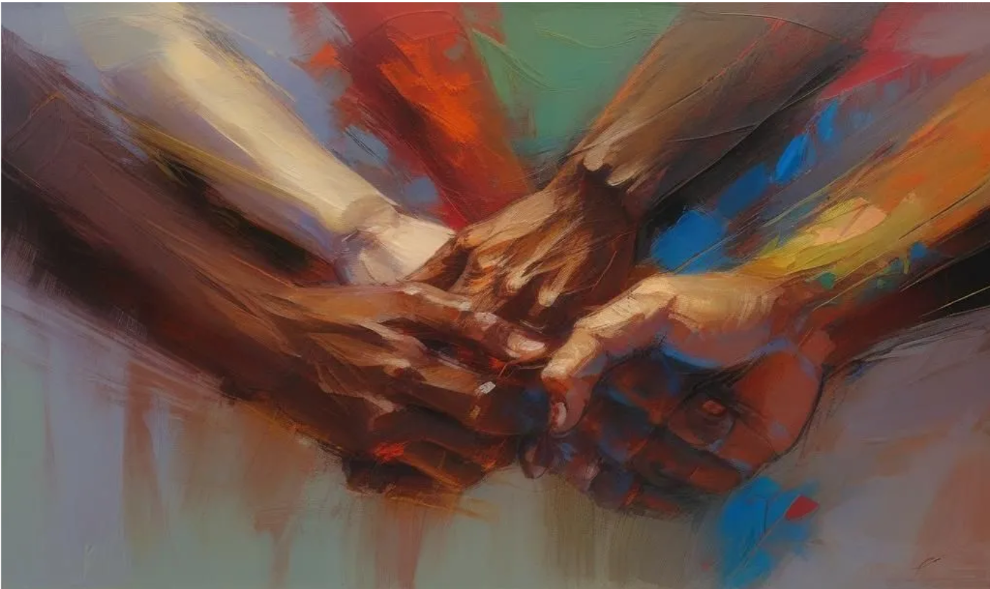
Loving Each Other
I will be first in line to say that showing up for people by building flourishing systems is vital to demonstrate love–which includes governmental systems. Love is one of the top values in Christianity:
“Jesus replied, “‘You must love the Lord your God with all your heart, all your soul, and all your mind.’ This is the first and greatest commandment. A second is equally important: ‘Love your neighbor as yourself.’” (Matthew 22:37-39 NLT)
“…Love each other in the same way I have loved you. There is no greater love than to lay down one’s life for one’s friends.” (John 15:12-13 NLT)
What does this love look like in a public space? I’ve addressed this before, both here and here. However, regardless of how we get there, if we call ourselves Christians, we have to have a serious “come to Jesus” moment with how we approach politics. What does sacrificial love look like in this sphere?
Although pursuing unity is also something we are encouraged to do all over the New Testament, I don’t think that will result in us all agreeing on the policies. Unity doesn’t require us to assimilate–its why Christians can be “brothers and sisters” with people all over the globe, who I can assure you, have different political ideologies.
The only way we might ever begin to unify, though, is by starting with what we can agree on. Maybe I am wrong, but I can’t imagine a genuine follower of Jesus not being able to agree that loving others, at minimum, means showing up for them. Just like my conservative friends did through my illness, showing up for people in real life is faith in action.
You might be interested in this article: Christians Torn: Even Those Who Voted For Trump Feel Unease
An Argument That Lacks Nuance
I understand why we might not feel like we can belong with people who have different political beliefs than we do. I understand why we might not feel safe or trust them. But I think there needs to be more nuance than simply forever cutting off friendship with people who have different political beliefs than we do. If we do this, we don’t give people a chance to show up.
If I used any CPT Challenging Questions worksheet I would quickly stumble onto a handful of factors that would remind me there are more to the narratives I’ve been leaning into than just “We are not safe” or “This is how I must show solidarity.”
For one, politics are often without nuance, clear-cut black and white stances. A representative government provides no room to show nuance, and most of us live in nuance. It also assumes every voter understands the ramifications of every single policy about every single thing. Then, choosing to trust others based on their politics also assumes there is only one way to create a policy that works for the flourishing of all of us. I’ve been surprised when someone explained that they support a policy because it allows for them to fill a gap in another way that could potentially do just as much good. I just assumed they didn’t see the gap or didn’t care about it–when in reality that person just looked at the whole social problem differently. These are just a handful of dynamics that take these simplified beliefs and demonstrate they are more complex. Once we start breaking down the factors, we’ll find even more nuance.
I am not saying these factors should excuse why people vote the way they do–especially when it is harming others and doesn’t go at all with the way of Jesus. But why would we base real-life relationships on something that has no room for nuance to be the judge for whether someone is good, safe, and trustworthy? There are better ways to determine our safety and how we show solidarity, and they largely revolved around how people show up in real life.
How We Change Our Views
I used to be a strong advocate against eradicating extreme global poverty. I would talk about policies, the minimal amount of funding available, and how realistically plausible it was to change. Very few people listened to me. I was in Phase Two of Rising Up and was angry at all the people who didn’t care. Eventually I felt like God challenged me to love these same people who I was beginning to feel hatred for. It felt radical and counter-intuitive.
But over the next few years, I tried to understand them, empathize with what mattered to them, and show up for them. Eventually we started a local food program together that helped local kids–many who were migrants–have enough to eat through the weekend. Our friendship ended up doing something to fight poverty at one level and fostered safe spaces to talk about policies that influence extreme poverty.
I don’t think I converted anyone to be loud advocates to end extreme poverty. But they saw me show up. And through that, I influenced them to consider the policies the representatives they voted for were supporting.
Do You Think It’s Possible To Still Be Friends?
There is a lot more to say about how showing up personally instead of creating hard boundaries changes both relationships and subsequently, policies. Be sure to subscribe to Flourishing Faith and Justice as we continue to expand on this topic:
- The Privilege to Break Off Relationships
- How we can use the Spectrum of Belief to show up with genuine influence in real relationships
- When breaking off relationships for the sake of “justice” goes wrong
Until then, I understand how you might be tempted to let politics define friendships and be the cause to break off relationships. Maybe it is a good idea to create distance for yourself to process, consider your beliefs, or even heal from where you might feel betrayed by what/who people voted for in the last election. And yes, find like-minded people to process with. If you are willing to listen–and not debate–ask someone you know why they voted the way they did who voted differently than you.
But be careful to not be too reductive in the way you approach your relationships because of differing politics. Let’s pay attention to where people show up in real life, first. Rebuild trust by restart here.


